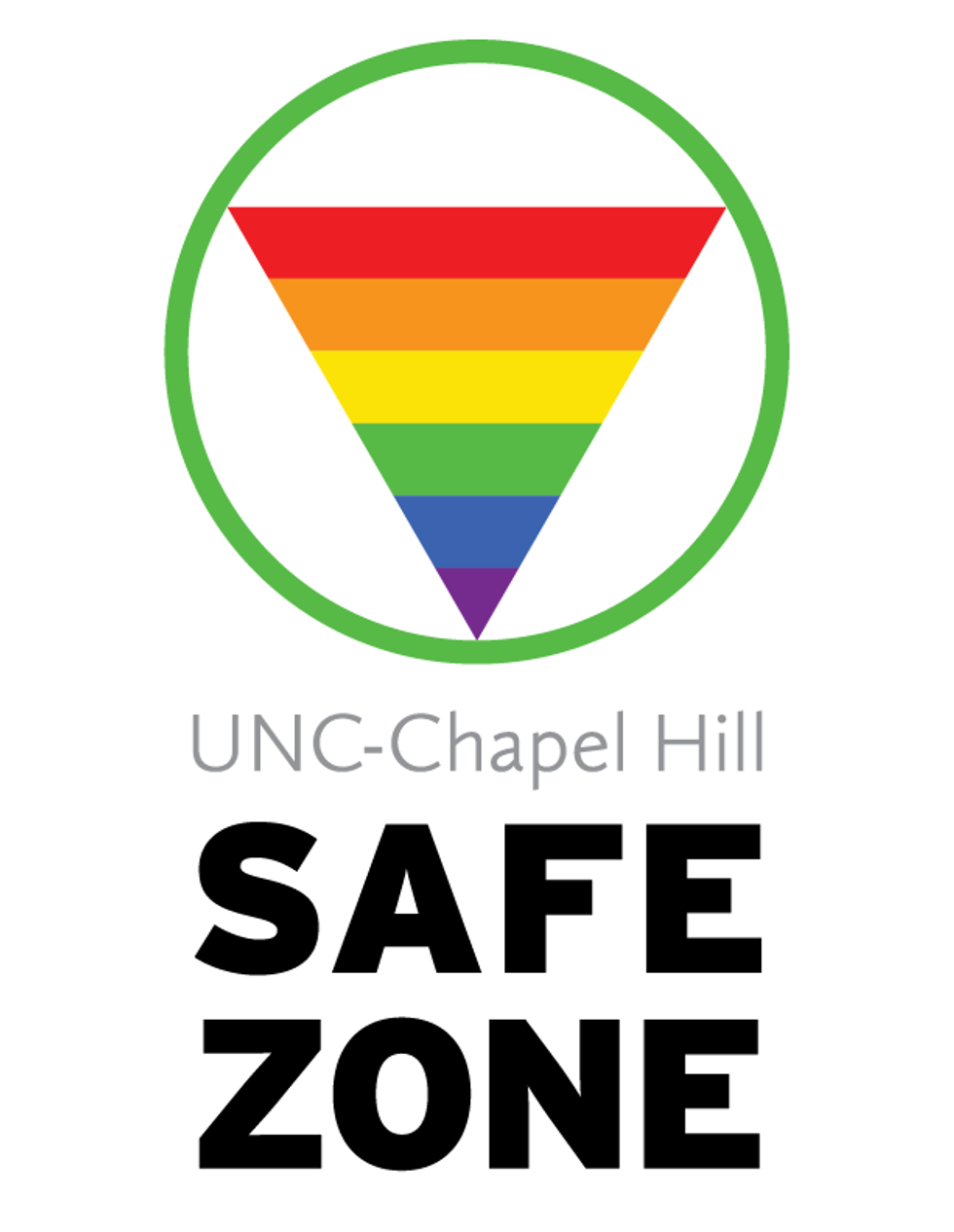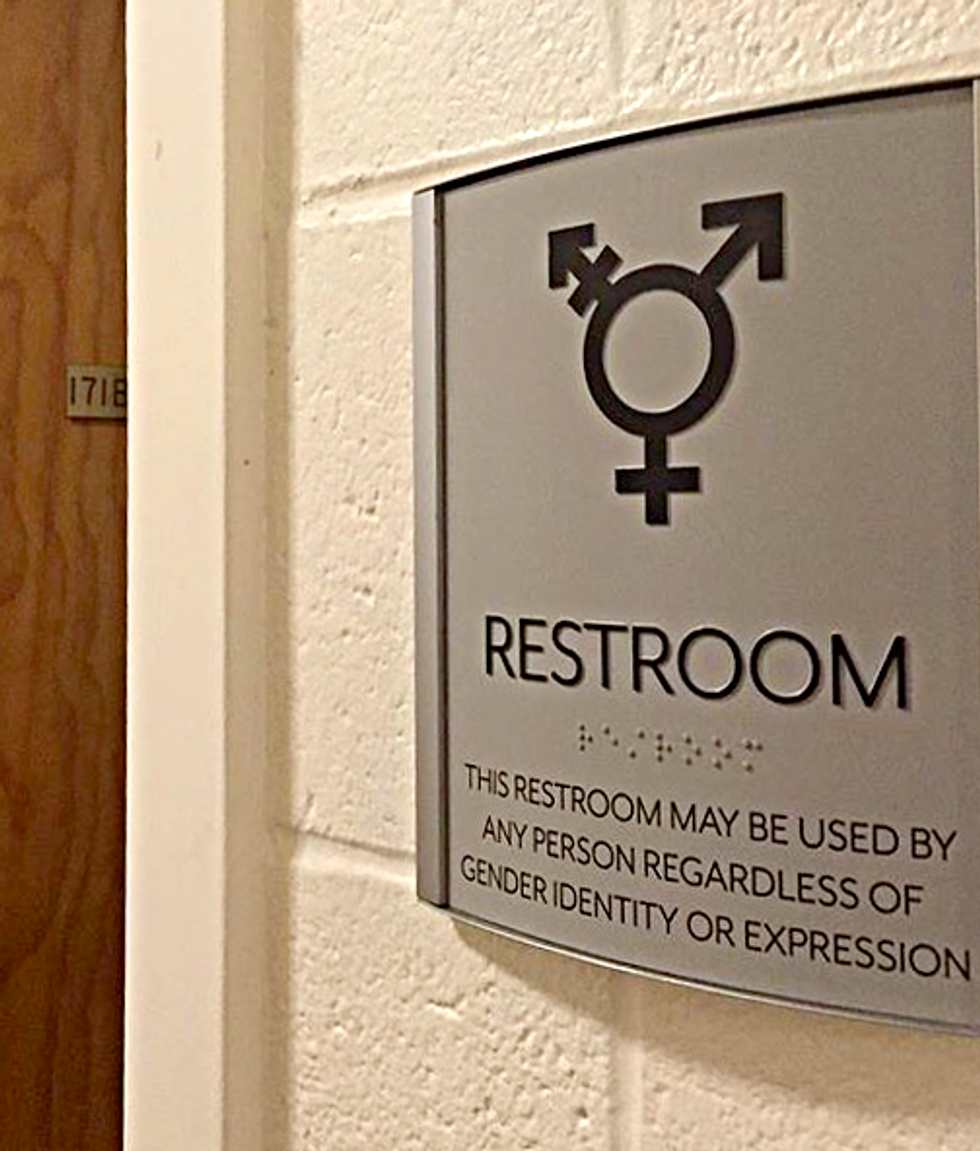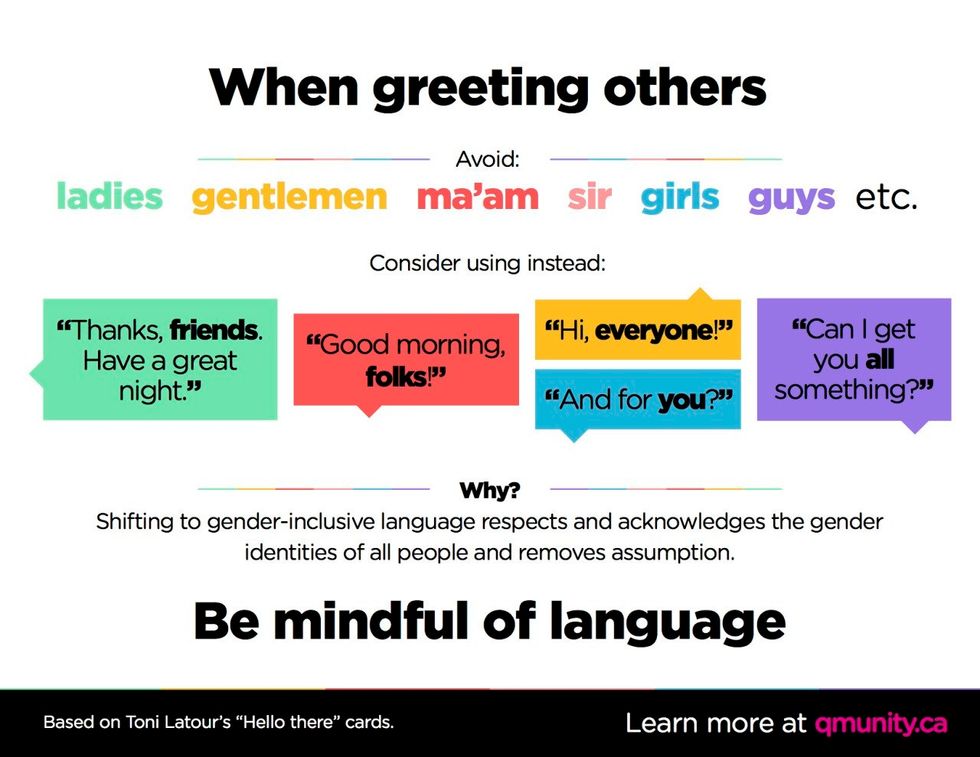On February 26, 2019, the United Methodist Church voted to go with the Traditional Plan that doesn't allow for gay marriage or people in the LGBTQIA+ community to become ordained. This has invalidated a lot of people in the LGBTQIA+ community and upset the majority of American Methodists who voted for the One Church Plan instead, in which each church could decide if they wanted to allow for this or not. During this time, it's imperative that we show our support for the LGBTQIA+ community, as they are just as loved in God's eyes and in (hopefully) all of our own. Here are 5 easy ways to start.
1. Attend a Safe Zone training or comparable training.

https://www.facebook.com/UNCLGBTQCenter/photos/a.178230665599511/961650133924223/?type=3&theater
Safe Zone trainings teach people how to be visible allies to those in the LGBTQIA+ community; you can learn more and sign up here. The Trevor Project also offers training, about which you can learn more here.
2. Educate yourself on resources and gender-neutral bathroom locations.

https://commons.wikimedia.org/wiki/File:Gender_neutral_bathroom_sign.png
UNC-Chapel Hill's LGBTQ Center is located on south campus and provides various resources, which can be found on their website here. Gender-neutral bathroom locations on UNC-Chapel Hill's campus can be found here. General resources can be found here and resources for youth from the Trevor Project are here.
3. Reach out to someone in the LGBTQIA+ community to check on them and ask what they'd like you to know.

https://www.youtube.com/watch?v=1Evwgu369Jw&t=4s
Acknowledge your privilege, if you have it, be affirming of the person's sexuality or gender and experience, be empathetic rather than sympathetic, and ask how you can help. Buzzfeed also provides some helpful videos that break stereotypes, make important points, and assist understanding.
4. Be inclusive in your language.

https://open.buffer.com/inclusive-language-tech/
Ask someone's pronouns without assuming. Say "everyone" or "y'all" instead of "guys" or "us ladies."
5. Call people in (not out).

http://thirdforcenews.org.uk/tfn-news/charities-views-sought-on-third-sector-interface-network
Calling people out can be aggressive and make the other person become defensive. It's more effective to call someone in and calmly educate them without acting superior. Some great times to call people in: when someone uses the wrong pronoun for another person, when someone uses the word "gay" in a derogatory way, and when someone says that God doesn't love people who are LGBTQIA+.
LGBTQIA+ rights are a human rights issue and it is our job to love them and treat them with respect. This is an especially hard time for those in the community, so I encourage us all to think about how we're treating people and how we can be effective and compassionate allies, regardless of who we are.



















